Answered step by step
Verified Expert Solution
Question
1 Approved Answer
Overview Background School . Program & Purpose Findings Results of the Data Evaluation Goals Logic Model Recommendations Program Improvements Evaluation Data . Collection Method
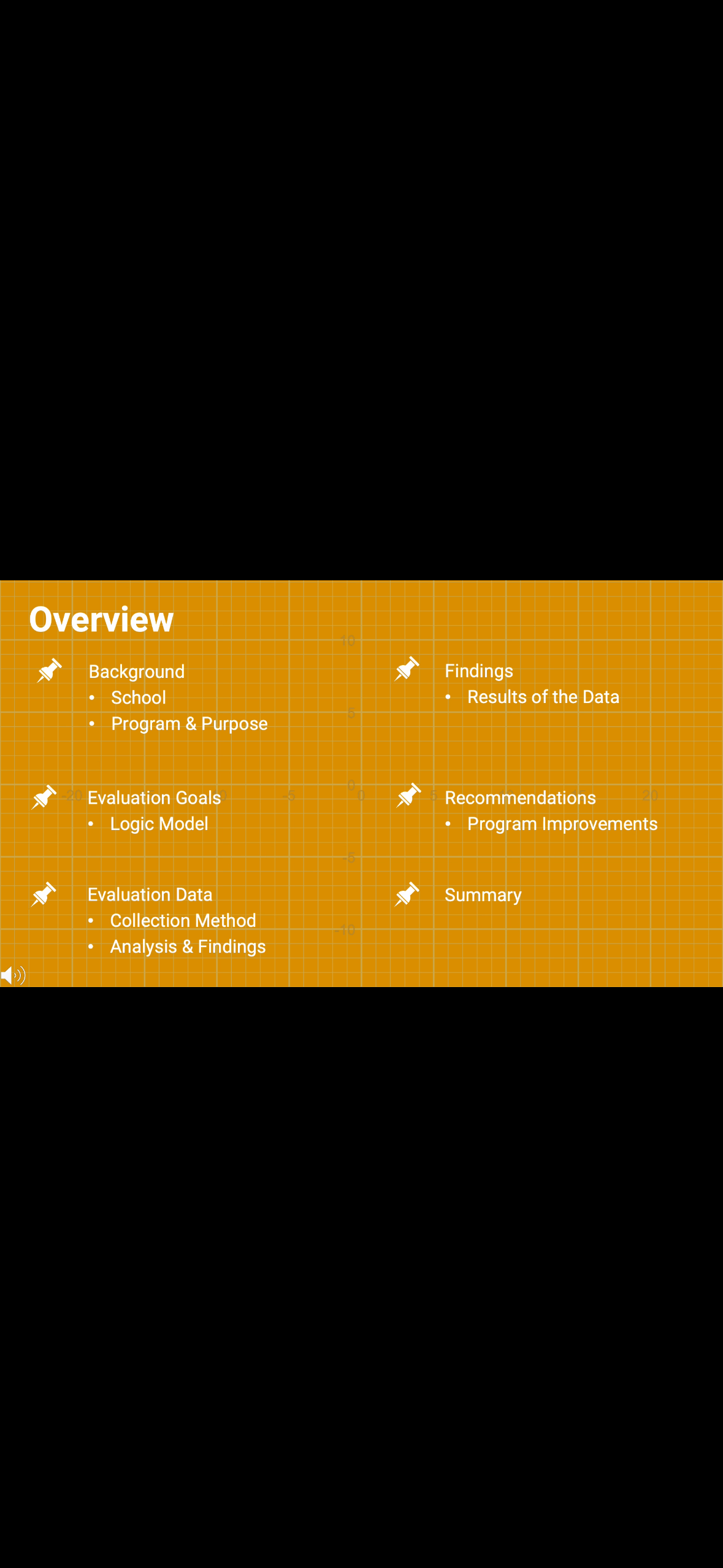
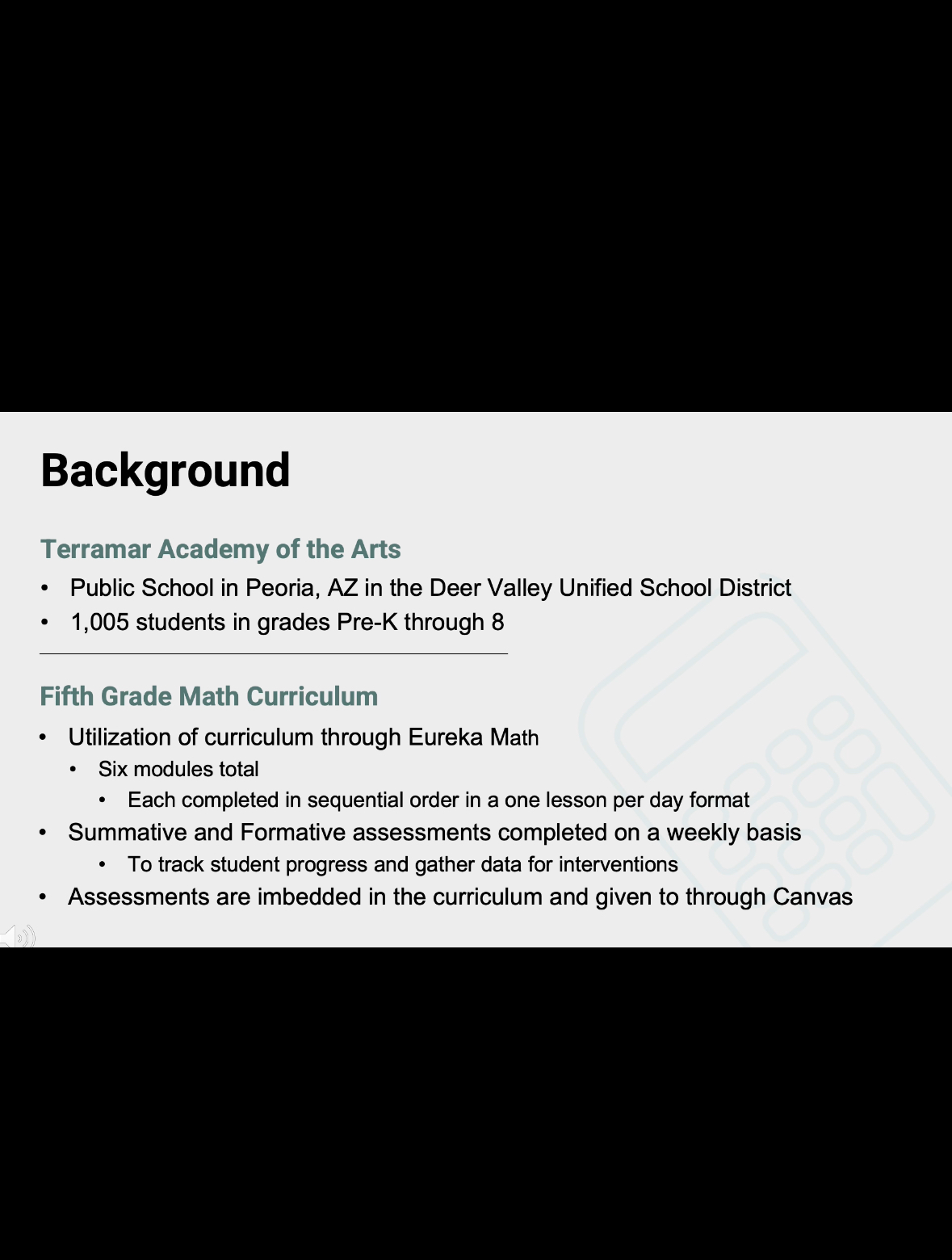

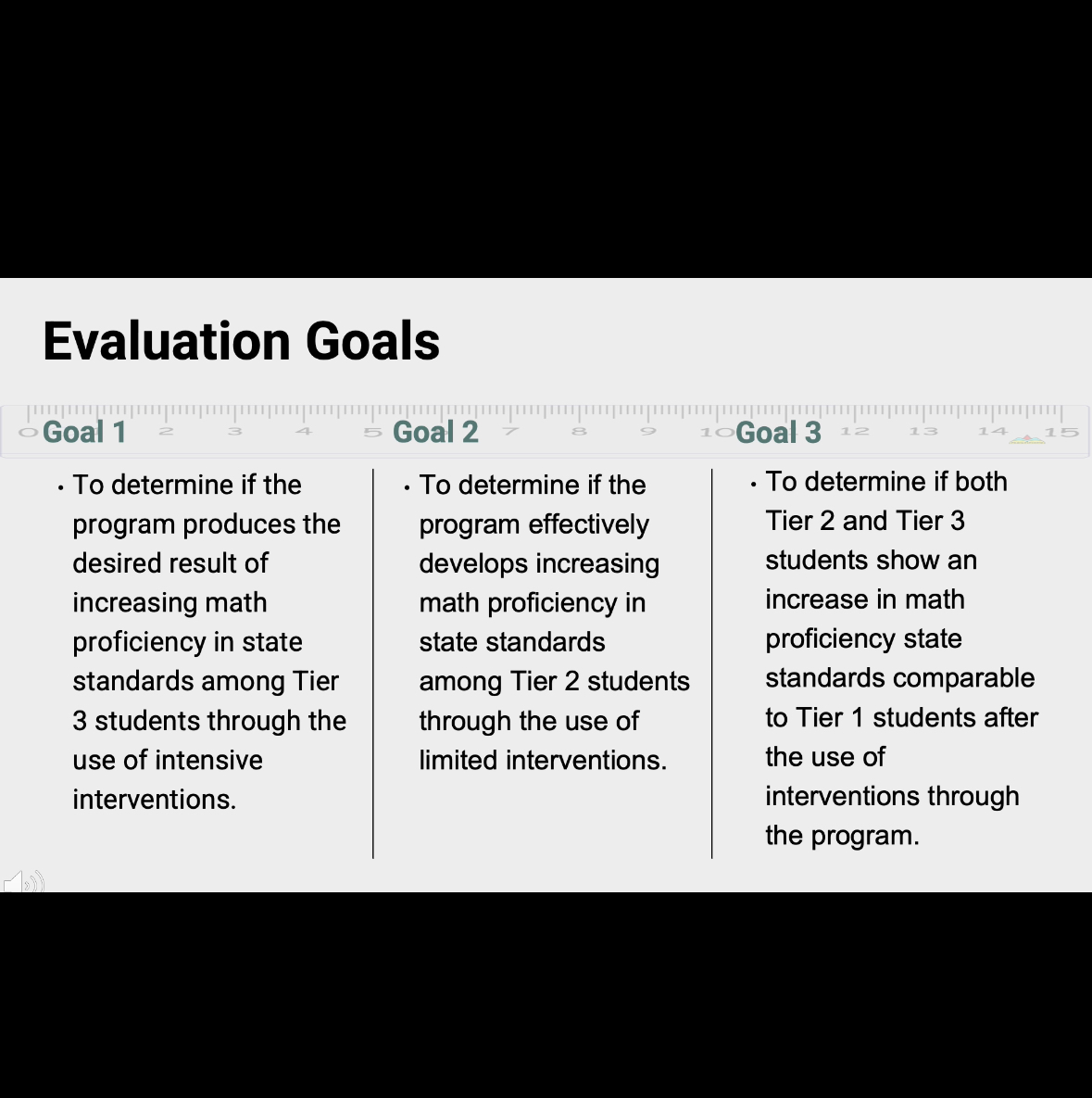
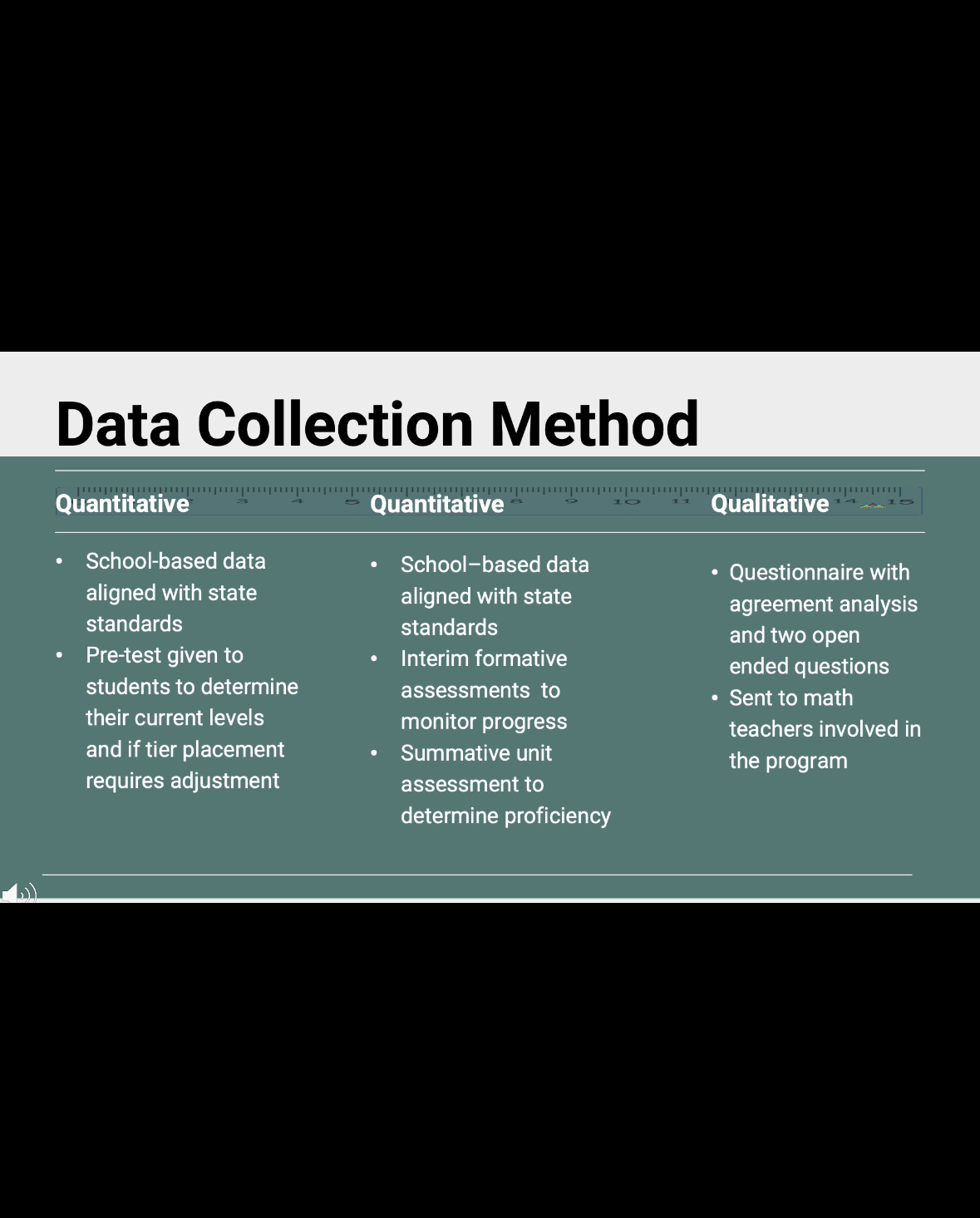
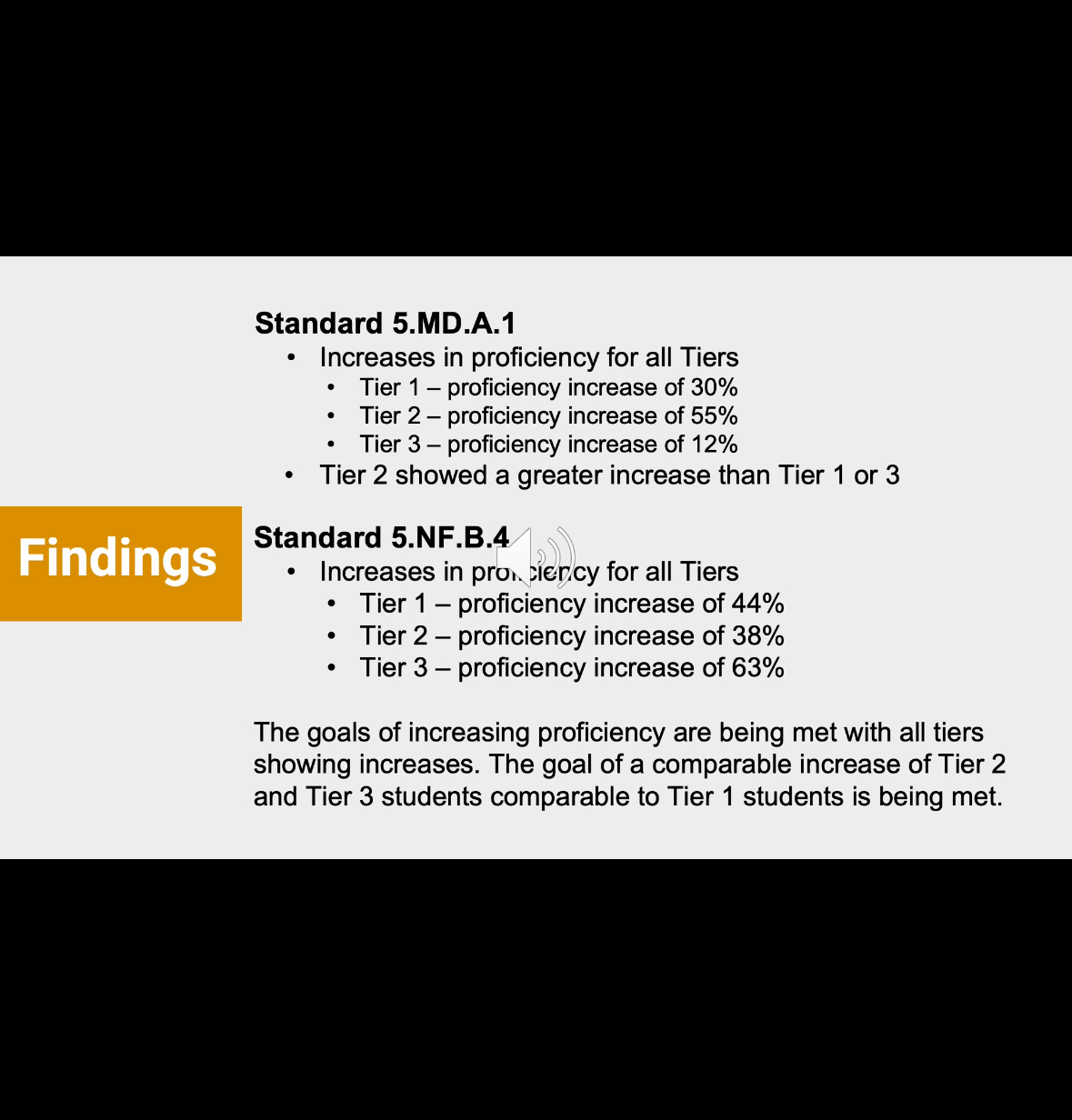
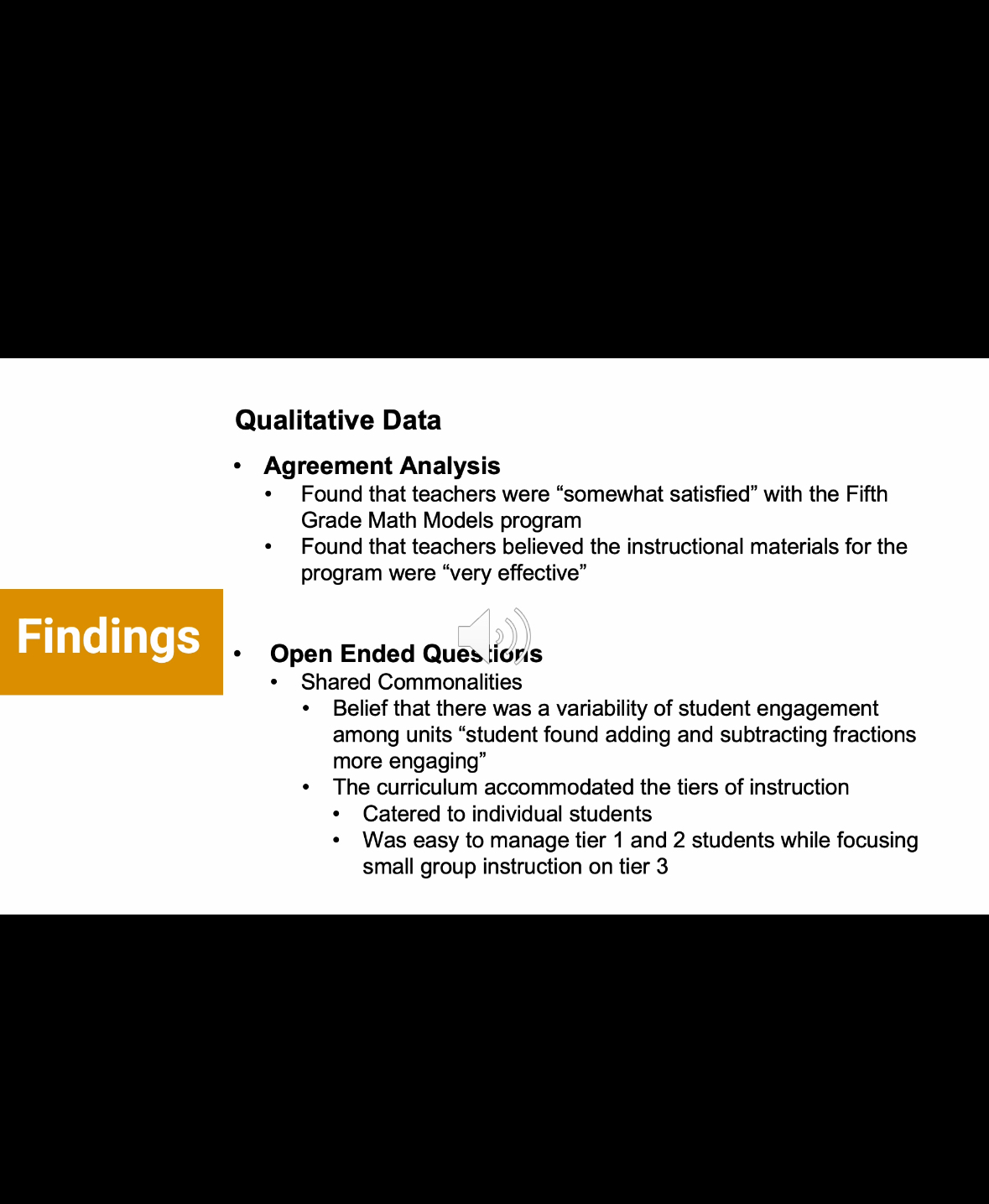
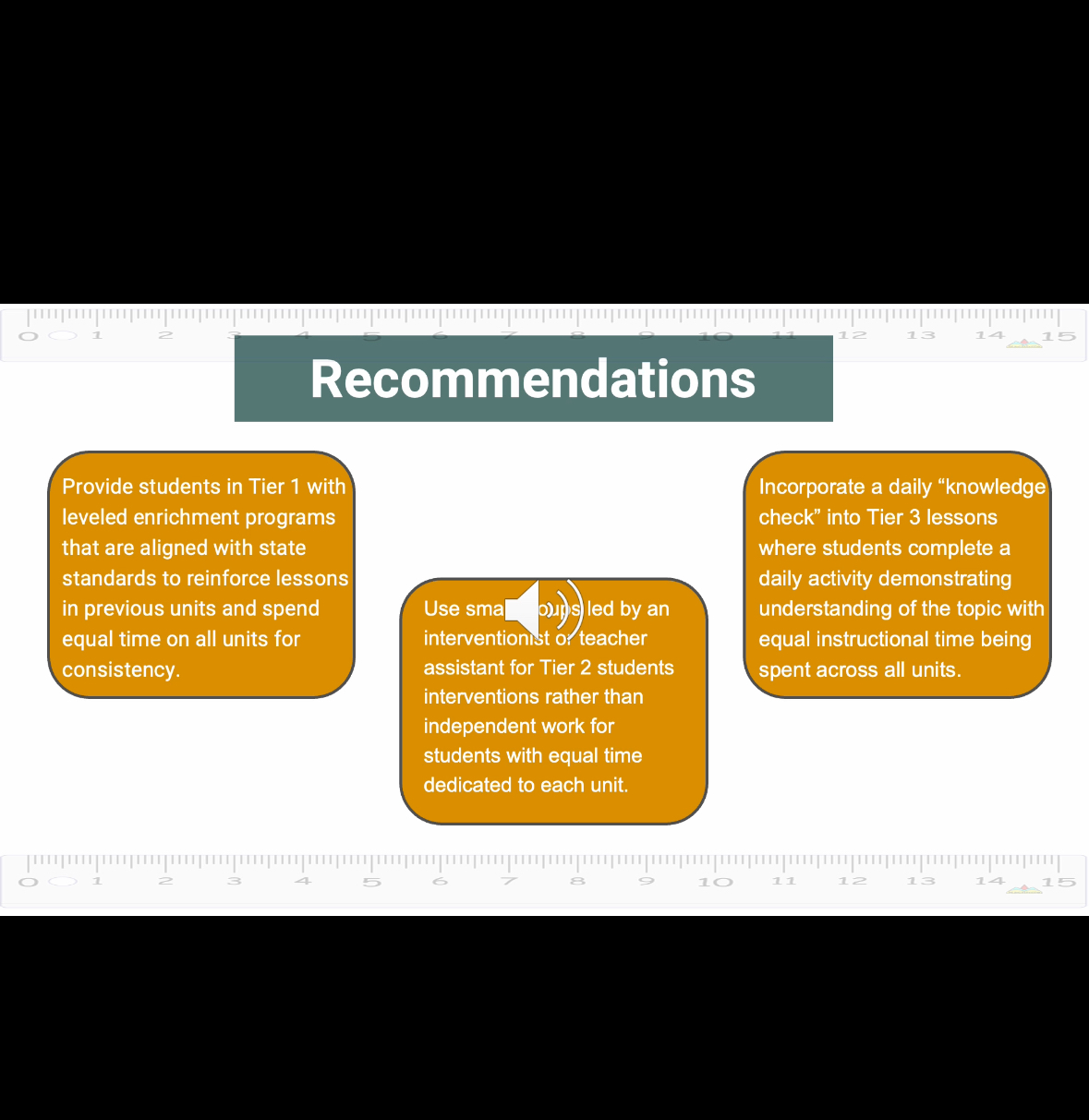
Overview Background School . Program & Purpose Findings Results of the Data Evaluation Goals Logic Model Recommendations Program Improvements Evaluation Data . Collection Method Analysis & Findings Summary Background Terramar Academy of the Arts Public School in Peoria, AZ in the Deer Valley Unified School District 1,005 students in grades Pre-K through 8 Fifth Grade Math Curriculum Utilization of curriculum through Eureka Math Six modules total Each completed in sequential order in a one lesson per day format Summative and Formative assessments completed on a weekly basis To track student progress and gather data for interventions 000 0000 Assessments are imbedded in the curriculum and given to through Canvas The Stakeholders State Policy Makers Teaching Staff Arizona Department of Education Parents District Curriculum & Students Technology Facilitators School-level Administrators Evaluation Goals Goal 1 To determine if the program produces the desired result of increasing math proficiency in state standards among Tier 3 students through the use of intensive interventions. Goal 2 To determine if the program effectively develops increasing math proficiency in state standards among Tier 2 students through the use of limited interventions. 10Goal 3 12 14 . To determine if both Tier 2 and Tier 3 students show an increase in math proficiency state standards comparable to Tier 1 students after the use of interventions through the program. Data Collection Method Quantitative Quantitative 10 Qualitative School-based data aligned with state standards Pre-test given to students to determine their current levels and if tier placement requires adjustment School-based data aligned with state standards Interim formative assessments to monitor progress Summative unit assessment to determine proficiency Questionnaire with agreement analysis and two open ended questions Sent to math teachers involved in the program Findings Standard 5.MD.A.1 Increases in proficiency for all Tiers Tier 1 - proficiency increase of 30% Tier 2 - proficiency increase of 55% Tier 3 - proficiency increase of 12% Tier 2 showed a greater increase than Tier 1 or 3 Standard 5.NF.B.4 Increases in pro ciency for all Tiers Tier 1 - proficiency increase of 44% Tier 2 proficiency increase of 38% - Tier 3 - proficiency increase of 63% The goals of increasing proficiency are being met with all tiers showing increases. The goal of a comparable increase of Tier 2 and Tier 3 students comparable to Tier 1 students is being met. Findings Qualitative Data Agreement Analysis Found that teachers were "somewhat satisfied" with the Fifth Grade Math Models program Found that teachers believed the instructional materials for the program were "very effective" Open Ended Questions Shared Commonalities Belief that there was a variability of student engagement among units "student found adding and subtracting fractions more engaging" The curriculum accommodated the tiers of instruction Catered to individual students Was easy to manage tier 1 and 2 students while focusing small group instruction on tier 3 O Recommendations 12 13 14 Provide students in Tier 1 with leveled enrichment programs that are aligned with state standards to reinforce lessons in previous units and spend equal time on all units for consistency. Use sma Dups led by an interventionist of teacher assistant for Tier 2 students interventions rather than independent work for students with equal time dedicated to each unit. Incorporate a daily "knowledge check" into Tier 3 lessons where students complete a daily activity demonstrating understanding of the topic with equal instructional time being spent across all units. 10 11 12 13 14
Step by Step Solution
There are 3 Steps involved in it
Step: 1

Get Instant Access to Expert-Tailored Solutions
See step-by-step solutions with expert insights and AI powered tools for academic success
Step: 2

Step: 3

Ace Your Homework with AI
Get the answers you need in no time with our AI-driven, step-by-step assistance
Get Started


